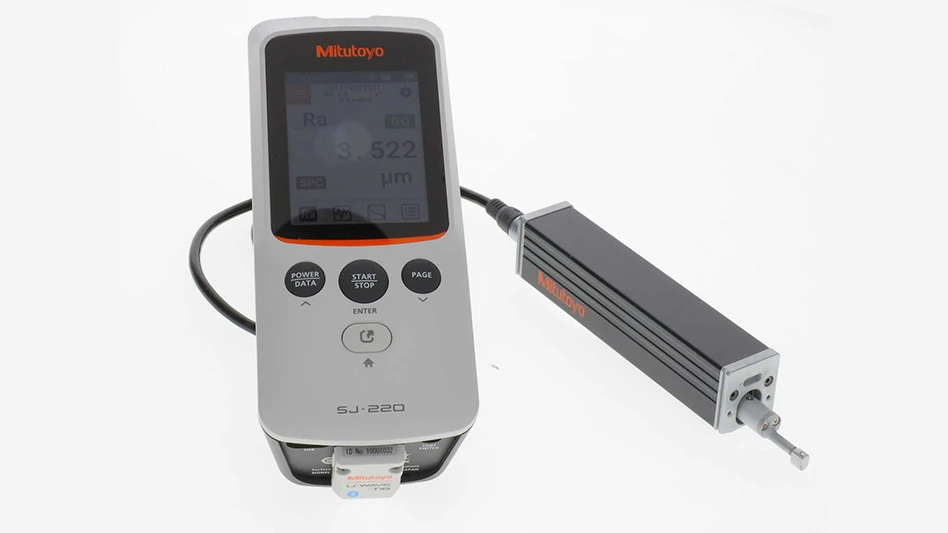
FactoryEye North America
United States manufacturers are at an important crossroads for innovation. Technology is accelerating at an incredible pace and mid-sized manufacturers must modernize operations to stay competitive. Real-time actionable data from machines is the most valuable ‘currency’ for modern manufacturers by helping them remain agile, implement sustainable practices, and increase efficiency across production lines.
In response to this industry need, FactoryEye North America, a division of Magic Software Enterprises Ltd., hosted a seminar at the Great Lakes Brewing Company in Cleveland, Ohio, and included Manufacturing Works, Tech-Clarity, Feyen Zylstra, and Bennit. Cleveland is home to nearly 8,000 manufacturers and is one of the most sought-after states for reshoring efforts, so FactoryEye considered it the perfect location for a thoughtful discussion on how to tackle modern industry issues.
FactoryEye showcased their Industry 4.0 prowess and discussed best practices for manufacturers implementing their own smart manufacturing solutions. At this exclusive event, the industry panel of experts discussed important topics such as: how sustainability affects your bottom line, tips for obtaining project financing, ways to attract millennials to your workforce, and how to brace for the impact of the silver tsunami of workers leaving manufacturing. There were several themes that we discussed in detail at the conference (View a recap online).
Implementing smart manufacturing on the shop floor
Jim Brown, president and founder of Tech-Clarity kicked off this event as the keynote speaker and shared a recent research study outlining benefits that manufacturers can gain from smart manufacturing solutions.
“One of the things we did in the manufacturing industry, is that we stepped down from this higher-level view of a digital transformation, and we asked a wide variety of manufacturers how important you think the implementation of smart manufacturing or Industry 4.0 is to the long-term success and profitability of your manufacturing business?” Brown says. “When 19% of those surveyed say it is critical and another 28% think that is it really important, then what we are seeing is that this is not just another trend that is going to come and go. But people are starting to say, if you don’t get this next step in Industry 4.0, you are not going to be ready for what comes beyond that and the continuation of this process.”
Real-time data analysis
One of the key benefits of implementing Industry 4.0 into the manufacturing process is having the ability to track what is actually happening on the shop floor in real-time.
Jake Hall from Feyen Zylstra says, “We worked with one manufacturer that had Individual machines that weren't tied together to a central network. So, they had all these machines that were producing their own components and parts, but the manufacturer never knew where their bottleneck was within those processes.
“When were those machines down? How many parts did they actually produce per hour? We were able to implement an inductive automation that allows them to better track every single individual machine and then build a network that allows them to act on that data, to address issues that are doubt.”
When asked about the different ways that manufacturers can improve productivity by implementing smart manufacturing, Tim Stuart, president of Visual Decisions says, “When looking at maintenance issues, manufacturers ask, ‘How can you provide autonomous maintenance instructions to the operators on the day that they're supposed to? How can you get a machine that's currently down, up and running faster again? How can you prevent that downtime from happening in the first place?’
“Whether that's through normal, preventative maintenance activities that are informed and optimized by the data or whether it's through predictive maintenance technologies from an operator perspective of producing parts and so forth, how do you give them the proper work instructions? The goal is to eliminate variation from the process as much as possible that will also help quality as you go through and produce more.”
Are you accurately measuring scrap?
Nancy Finnegan, vice president of Sales, FactoryEye, says, “One common theme we see across manufacturing is how do we measure scrap and rework. We see that as one of the most manual areas of capturing data in the industry throughout the production process.
“It's very interesting. One company we worked with had recorded their scrap as 3% for almost two decades straight. It was almost folklore. This is what our scrap is. But when we started to pull in those data parameters, we really started to understand that it was nowhere near 3%, but closer to 8%. Having access to real-time data helped them to correlate the data between what they thought they were producing and what they were actually producing and the actual quantity of their waste.
“And from there, we really started to analyze, which processes needed to be reworked and how they could bring that scrap back into the bottom line,” Finnegan concludes.
Implementing Industry 4.0
FactoryEye’s passion for spreading smart manufacturing insights through its Strategic Partner Program and in-person seminars is here to stay. FactoryEye’s commitment to smart manufacturing initiatives for mid-sized manufacturers will continue across the United States, bringing Industry 4.0 knowledge to a new generation of workers.
“FactoryEye is there to help, no matter what stage a manufacturer is at, or what equipment they have on their floor,” says Ken Patsy, president and executive director of Manufacturing Works. “We’re big believers of learning and sharing ideas, and we find that companies like helping each other out, so we facilitate that.”
Latest from Today's Medical Developments
- Incredible Machine works on the Rube Goldberg principle
- FAULHABER’s metal planetary gearhead family
- Aerospace Industry Outlook - Spring 2025, presented by Richard Aboulafia
- World’s smallest pacemaker is activated by light
- FANUC America’s ready-to-deploy cobot web tool
- #42 Lunch + Learn Podcast - Quell Corp
- Siemens accelerates path toward AI-driven industries through innovation and partnerships
- REGO-FIX’s ForceMaster and powRgrip product lines





